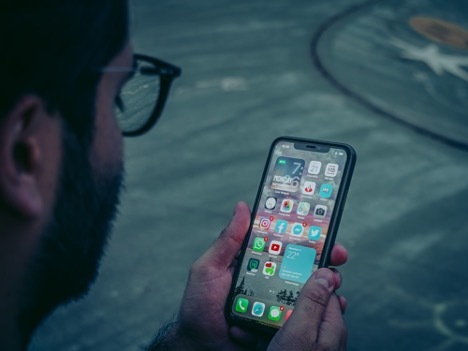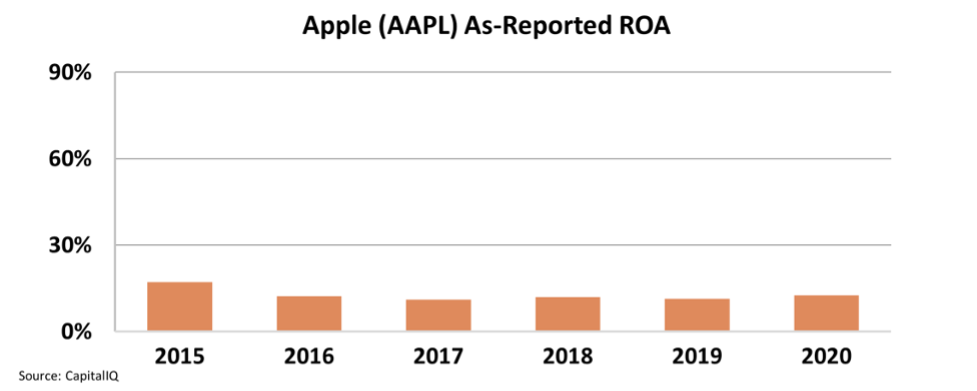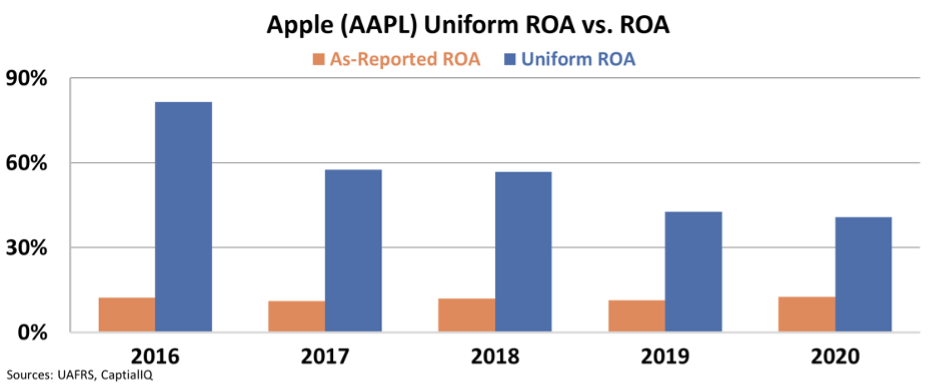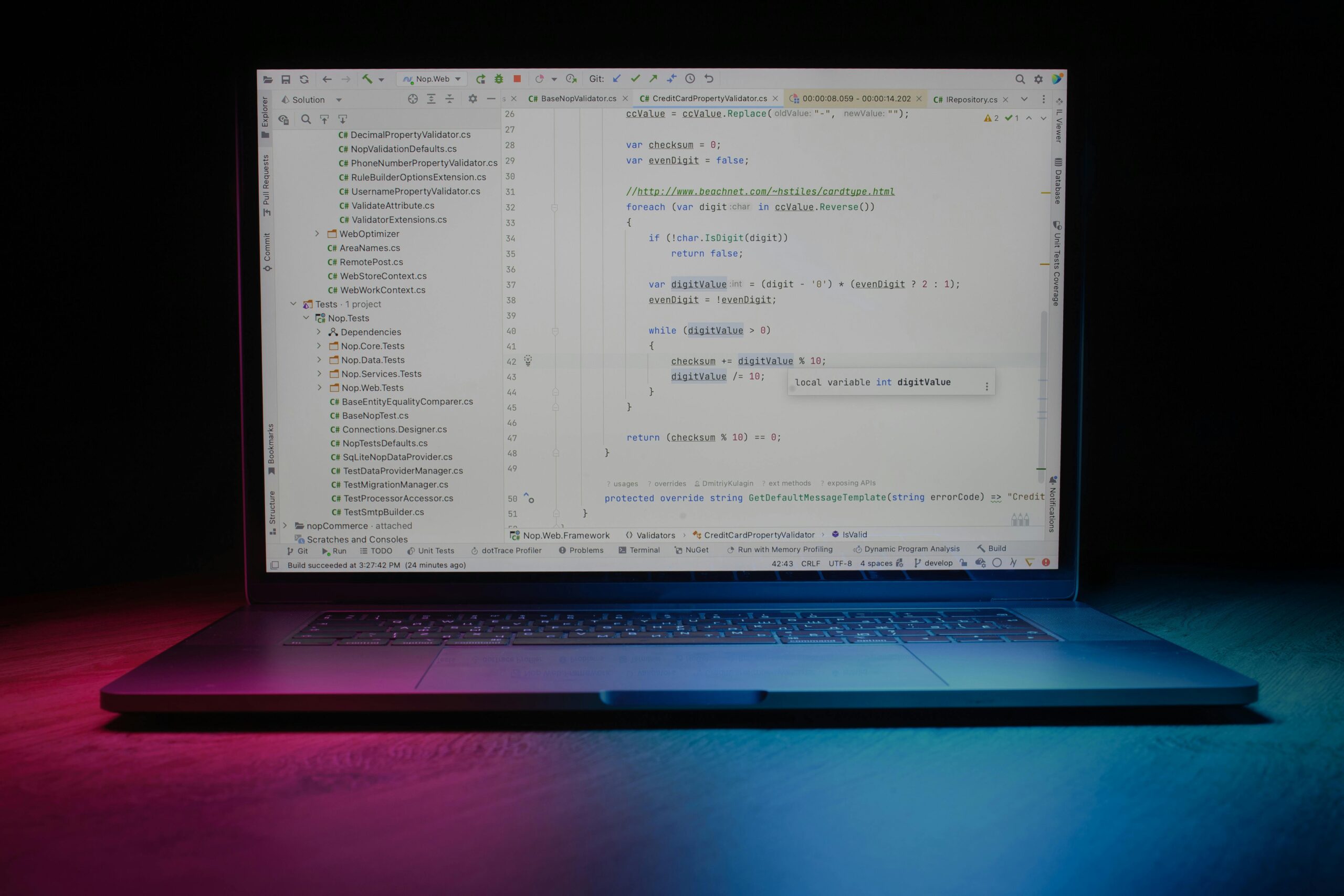 Facial ID is becoming an effective defense against fraud...
Facial ID is becoming an effective defense against fraud...
Whether it's as mundane as a financial transaction or as exotic as a meeting between spies, the surest way to know that private information reaches the right person is by meeting with them face to face.
You can almost certainly be sure you know who you're dealing with when you meet in person, as you'll see the other party's most unique feature: their face.
Recognizing faces is an ingrained part of the human psyche, a defining feature that makes each of us uniquely who we are.
Studies suggest that newborn babies learn this behavior at around three months old.
While face-to-face transactions have served us well for centuries, the concept has been upended by the digital age.
In this new era, transactions don't even occur over the phone, where another innate human capability – voice recognition – can serve as another form of verification.
Instead, entire business transactions, medical records, and many other forms of personally identifiable information ("PPI") are exchanged every day over the Internet.
Physical verification has given way to passwords and security questions over the past few decades. Instead of a company knowing you are you by looking you in the eye, they require personal information, such as your mother's maiden name or the name of your first pet, for logging into apps or websites.
The booming digital age has left many feeling vulnerable and less secure in their transactions, or even simply skeptical of doing business over the Internet, to avoid being caught in a scam.
Over the years, however, digital security has made a dramatic U-turn.
First, computer and smartphone makers introduced thumb and fingerprint readers to their products, giving consumers a greater sense of comfort with "biometric" security. This technology helps ensure only the owner can unlock the device or make purchases with their unique physical fingerprints.
As innovation in digital security gathered steam, companies like Apple (AAPL) introduced facial recognition technology to their smartphones, which matches a human face to a corresponding digital image to ensure ID verification.
This technology is powerful and took time to perfect.
Facial recognition technology typically integrates technology such as "liveliness checks," among other tests, to ensure that facial recognition software can't be defrauded by pictures or deep fakes...
 This is why Apple spent so much time and effort getting its technology right...
This is why Apple spent so much time and effort getting its technology right...
Apple, the largest publicly listed company, understood the power of facial recognition technology and its impact on security in the digital age.
The $2.4 trillion company took pains to make sure Face ID, the facial recognition system on all of its products, was sound and secure. Its facial recognition system gives its customers the confidence needed to operate on Apple's payment platform and unlock new parts of its growing services business.
Despite successful uptake, on an as-reported basis, it looks like Apple's constant innovations, such as facial recognition, have done nothing to budge mediocre returns.
The tech giant's as-reported return on assets ("ROA") has consistently hovered between 11% and 13% levels since 2016, right around corporate averages in the U.S., which seems rather strange for a company of Apple's stellar pedigree and innovativeness.
In reality, after accounting for the distortions embedded in the as-reported numbers, we can see that Apple's Uniform ROA was an impressive 41% in 2020. It's a more accurate picture of one of the most successful companies in history.
While as-reported metrics may make investors think Apple's investments in Face ID and its services business more broadly haven't been successful, Uniform Accounting tells a much different story.
By unlocking more of its service business, Apple has been able to maintain truly impressive profitability. That has largely been possible by giving people more confidence about the security of Apple's platform, thanks to technology like Face ID.
 Additional security opportunities abound in the digital era...
Additional security opportunities abound in the digital era...
Getting security right in the modern economy can unlock significant value, especially as technology continues to engulf every aspect of life and hackers become more emboldened.
Here at Altimetry, we've found a tiny company that's revolutionizing the security space using biometrics. And it's unlocking a massive market opportunity...
While extremely large-cap behemoths like Apple can invest in security in-house, most companies cannot possibly afford to follow the same strategy.
It's the reason why major companies, like PayPal (PYPL) and Mastercard (MA), are lining up around the corner to use this little-known company's services.
And this microcap company offers tremendous value with its proprietary technology – helping other companies follow Apple's biometric recognition footsteps. And Wall Street hasn't discovered it yet...
While we expect this stock recommendation to soar as much as 380% by Dec. 31... This company won't be flying under the radar forever. That's why I urge you to check out my brand-new video presentation, where I share everything that you need to know. Watch it here.
Regards,
Joel Litman
October 19, 2021



 Facial ID is becoming an effective defense against fraud...
Facial ID is becoming an effective defense against fraud...



